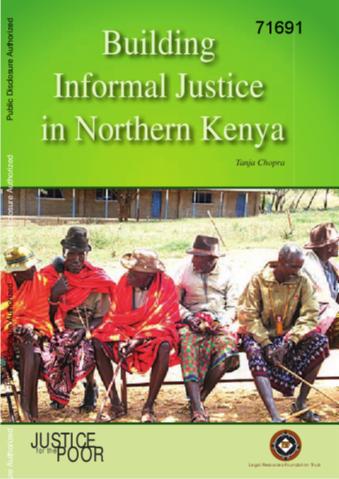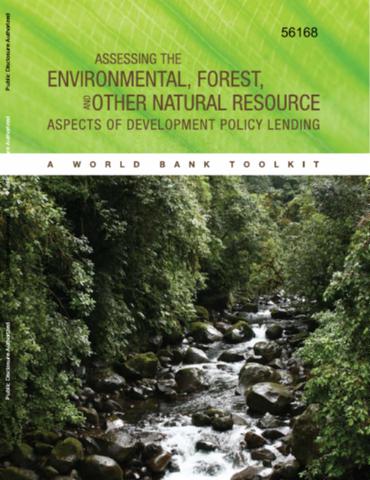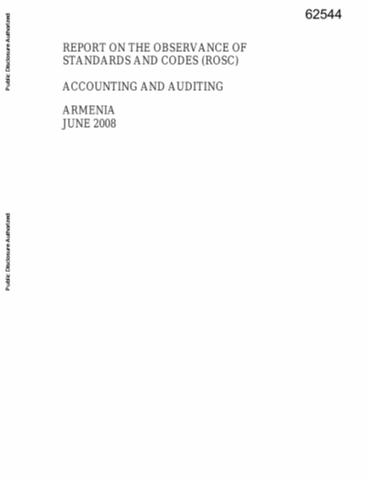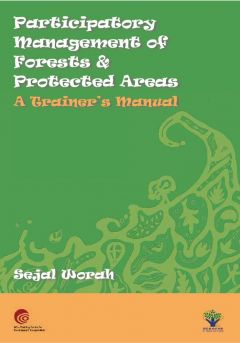High global food prices-- The challenges and opportunities
High food prices are not only causing a humanitarian crisis, but also putting at risk the development potential of millions of people. Global agriculture markets are undergoing structural changes, and the next three to four years will pose great challenges for achieving an affordable and accessible food supply for the world's most vulnerable. Soaring food and fuel prices are creating a "perfect storm" for the world's most vulnerable.









